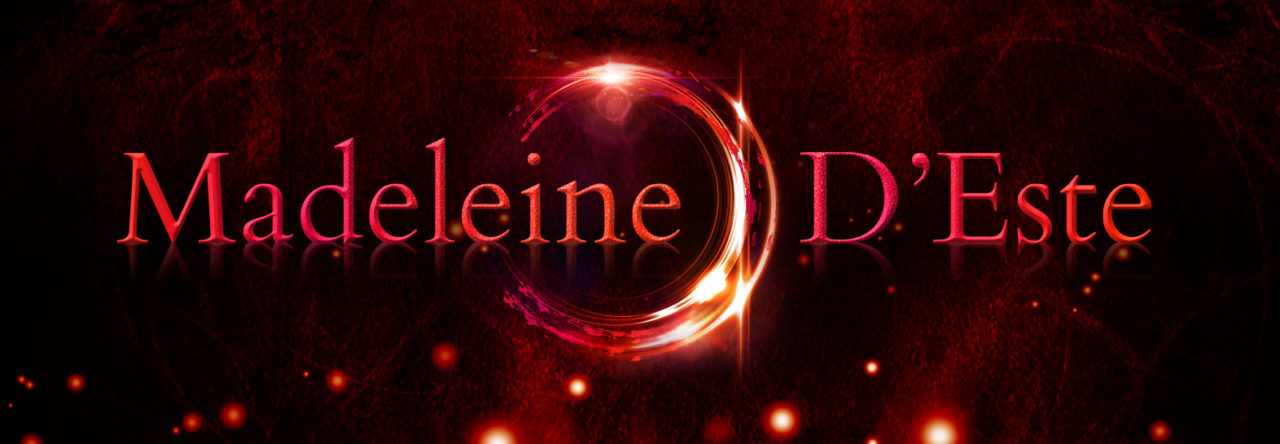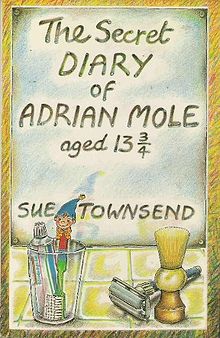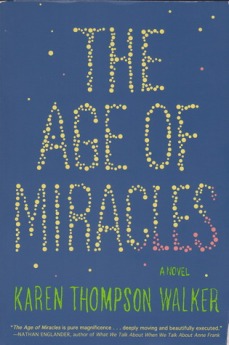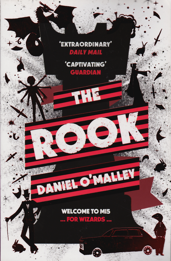The next book in my series of revisiting childhood favourites is Anne of Green Gables by L.M. Montgomery.
Ah the memories…when I opened the first few pages of Anne of Green Gables, I was transported back to Grade 5 and my small primary school library in Launceston, Tasmania where I first borrowed this book. All the iconic phrases made me smile; the puffed sleeves, the alabaster brow, kindred spirits, bosom friends. I can see why people travel to Prince Edward Island today to see where Anne lived.
If you haven’t read or seen Anne of Green Gables, basically it’s the story of an eleven year old orphan* who is mistakenly sent to live with a gruff brother and sister in Avonlea on Prince Edward Island. The brother and sister really wanted a boy to help with the farm work but instead Anne arrives, filled with wild imaginative romantic notions and who cannot stop talking.
Reading Anne of Green Gables again was an absolute joy. I had forgotten what a wonderful character she is, so quirky and irrepressible. Despite her terrible childhood prior to moving to Avonlea, Anne is optimistic. An uneducated orphan, she built a fertile imagination to cope. But Anne is not all sunshine and lollipops, she’s feisty and stubborn. She stands up for herself and others if she feels she is being mistreated. There is no doubting why this is an absolute classic, Anne is such an endearing character who leaps off the page.
The novel travels through Anne’s life from aged eleven to over sixteen. Anne doesn’t just flounce about the countryside for 300 pages. We see Anne mature, and to some extent, conform. Towards the end of the book, where Anne buckles down to study hard for her examinations, I missed the quirky, nutty, overly emotive Anne. She makes tough decisions in the end, particularly hard decisions for a sixteen year old. Compared to the Blyton boarding school books where the characters are of similar ages, Anne grows up and makes adult decisions, unlike the protected girls from St.Clare’s.
Side note – Were 17 year olds really teaching school in Canada in the early 20th century?
Like Blyton, there are very few men in Anne of Green Gables too. Only the man-of-few-words Matthew and her number one rival, Gilbert Blythe. Anne is surrounded by strong, opinionated and capable women.
From a structural perspective, I wondered whether this book was originally a serial. The structure is very episodic, with 10 page self-contained chapters, perfect for a quick 15-20 minute read before bed or perhaps designed for reading to children. The structure reminded me of a TV series with the “story of the week” with its beginning, middle and end, plus a thin thread of overarching story. I’m now inspired to try this structure myself… one day. I’ve already got 5 novels in the works at the moment, in various stages from Draft#7 at 100k words to a paragraph of jotted thoughts. Maybe in 2018?
All in all, Anne of Green Gables stands up as a wonderful read and truly worthy of its classic status.
What’s next? Get ready for the real side of blossoming womanhood. It’s time for bras and periods with Are You There God, It’s Me Margaret.
Do you have fond memories of Anne with an e?

*What’s with orphans in childhood literature? I’m sure there’s a million PhD theses on this topic.
Like this:
Like Loading...











































 www.booyorkcity.com
www.booyorkcity.com

